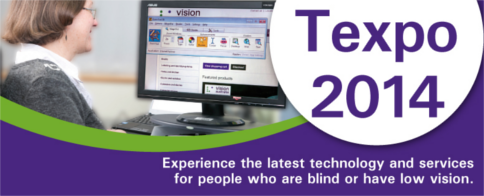The focus of Windows 8.x devices having both the traditional keyboard-and-mouse interface and touch-screen interface has blurred the lines between Windows being a mobile platform and a desktop platform. To add confusion, the more affordable versions of the Surface tablet run a version of Windows 8.x called Windows RT which has a similar look and feel to the traditional Windows desktop but is limited in this functionality. This page provides a guide as to how you can ensure that the Windows 8.x tablet you purchase will support the accessibility features you need.
Digital media and technology:


